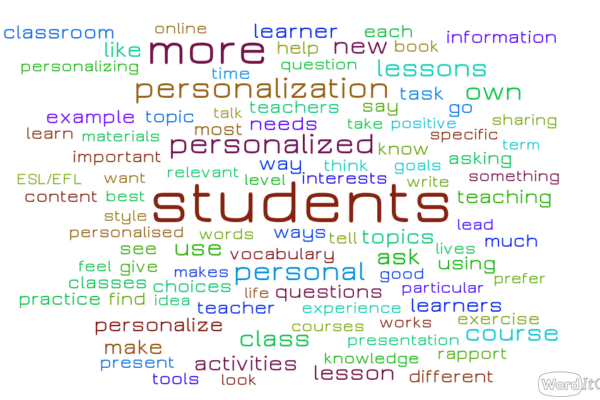‘Empathy is a quality of character that can change the world’
My third piece of advice is to cultivate a sense of empathy – to put yourself in other people’s shoes – to see the world from their eyes. Empathy is a quality of character that can change the world.
Barack Obama
Empathy is ‘the art of stepping imaginatively into the shoes of another person, understanding their feelings and perspectives, and using that understanding to guide your actions’. (Krznaric, 2014)
Because of the many online groups we are part of, it’s much easier to find ourselves in situations where our empathy is questioned. At the same time, we have way more chances to exercise it if we choose to.
‘Empathy is not merely an automatic response to emotional cues but rather emerges from appraisal processes that follow observation, and can include and be influenced by conscious reflection, then possibly leading to action.’ (Mercer, 2016)
In the book ‘Positive Psychology in SLA’, a collection of articles on the subject, Sarah Mercer explains that we have ‘mirror neurons which help us to imitate others but also potentially help us to read other people’s emotions and thoughts’ (Mercer, p. 93). In return, muscles in our own face are activated too and we imitate the perceived expression of the other. ‘These muscles send signals to our internal organs which stimulate physical states similar to those experienced by the person we are seeing’. (Mercer, p. 93) In other words, as clarified by the author, ‘what we recognize as the emotions felt by others resonates in our entire emotional network.’
But for this process to happen we need to be face-to-face with people, or at least be able to read their facial expressions, something that doesn’t happen in social networks where most of our interactions happen nowadays. For this reason, it’s much harder to be empathic on social media than when we are talking face-to-face, leading us to care less about the impact of our communication on others and not to be so careful with the words we choose to communicate our ideas.
We are social, relational beings. We are living in an era where it’s possible to be connected to more than 28.000 other teachers in a single place, to exchange ideas, learn from each other, improve our practice and grow as people. It’s a great opportunity to exercise empathy, one of the core skills necessary for effective relationships, the key to meaningful high-quality interpersonal relationships.
Imagine this situation: you’re at a workshop at an international conference with other fellow teachers, discussing new trends in teaching, when one of the teachers tells the group he is a professional certified coach who uses coaching tools and techniques in the classroom to potentialize students’ results. You personally don’t believe coaching is a legitimate approach to be used in educational contexts. In this case, would you feel comfortable to say that you think coaching is nonsense, that it is a bunch of rubbish made up to deceive people, that coaching is nothing but a way out for unemployed people who want to make easy money by overcharging for a job they are not qualified to do and which should be done by therapists or psychologists? Or even that you despise coaches and everything related to coaching?
I’m talking about coaching here as an example, but we often see other subjects being discussed on Facebook groups where angry comments, generalizations and unethical criticism take place, leading us to believe that we are far from practicing what we preach, and diplomacy, respect, finesse, ethics and consideration for each other aren’t necessary manners in online interactions.
Of course, everyone is entitled to an opinion and to express themselves, but we can’t forget that we are a group with a single objective in mind: to teach English and to help people thrive personally and professionally by learning the language, and there will be disagreements on approaches chosen to meet this goal. What we can’t forget is that collegiality and understanding must always be present.
My point with this article is to propose that we try harder to be empathic in any situation and that we also exercise this skill with each other, not only with our students. Let’s be nicer to one another. We don’t need to agree with everything we see and hear, but we can always be nice, considerate, thoughtful, friendly, careful with our words, pleasant, wise. Let’s allow the love we have for our students and our profession to resonate among each other. Life will be easier and sweater. It’s a simple choice.






